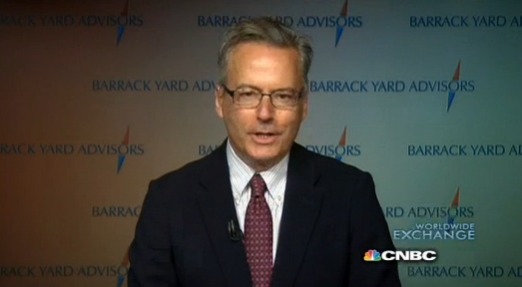It’s May and that means investors are tossing around the Wall Street saw about avoiding the stock market for the next six months, which is traditionally a weaker period.
However, Martin Leclerc, who manages the Core International Portfolio on Covestor, says investors may want to take the “Sell in May and go away” adage with a grain of salt.
Leclerc appeared on CNBC to discuss how the approach has traditionally been the right thing to do in Congressional election years like 2014. However, this year it might be a little different because the economy seems to be picking up steam, and first-quarter earnings are coming in ahead of estimates, he said.
“We think investors should use this period not so much as sell in May and go away, but as a way to really look at your portfolio and re-position yourself for what’s coming next,” the portfolio manager added.
When asked if he thinks there is a potential buying opportunity in recently hard-hit areas of the market such as social-network and biotech stocks, Leclerc said he’s cautious on the sectors.
Some of these stocks have experienced big drawdowns after reaching valuations similar to the tech mania of the late 1990s, he said.
“All we’ve seen is a correction from, really, bubble levels, so we don’t think that’s the place to be. We’d much rather go where the cash flow is, and the cash flow is with the mega-cap techs,” Lerclerc noted. These large-cap technology companies can then use the cash flow to return capital to investors with share buybacks and dividends, or reinvest in their business, he said.
See the full CNBC interview below for more:
DISCLAIMER: The information in this material is not intended to be personalized financial advice and should not be solely relied on for making financial decisions. All investments involve risk, the amount of which may vary significantly. The reader should not assume that any investments identified were or will be profitable or that any investment recommendations or investment decisions we make in the future will be profitable. Past performance is no guarantee of future results.





